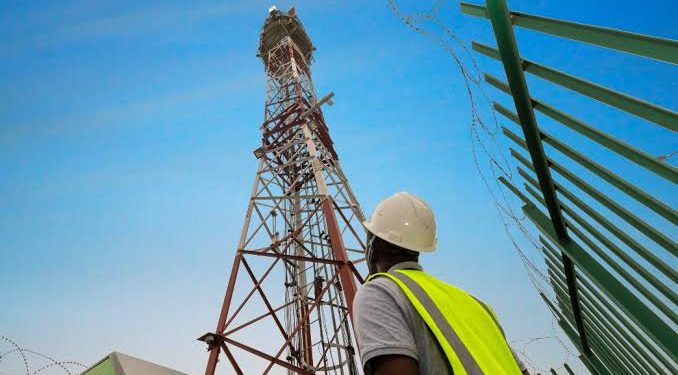MTN Nigeria and Airtel Nigeria contributed 57% of IHS Towers’ revenue in 2024. Nigeria, its largest market, generated 58.3% of the company’s total earnings, cementing its role as IHS Towers’ main revenue driver.
IHS Towers’ revenue dropped from $2.1 billion in 2023 to $1.7 billion in 2024, with 98.5% of earnings tied to just three mobile network operators: MTN Nigeria, Airtel Africa, and MTN South Africa. This heavy reliance means economic instability, currency devaluation, or regulatory changes affecting these clients could severely impact IHS Towers’ financial stability.
Nigeria’s economic difficulties, particularly the naira’s sharp devaluation, have worsened inflation and created uncertainty for tower operators. With over half of IHS Towers’ revenue linked to Nigeria, further economic downturns could weaken growth and profitability. The company has acknowledged the risks, particularly concerning its clients’ ability to meet lease obligations and sustain demand for telecom infrastructure.
Operational costs have also surged. Power generation remains IHS Towers’ biggest expense, accounting for 39.2% of its cost of sales in 2024—up from 33.5% in 2023. The company spent $348 million on power in 2024, slightly down from $396 million in 2023, due to efficiency measures. To cut costs, IHS has ramped up investments in hybrid energy solutions, integrating solar and battery systems with diesel generators. By December 2024, 41% of its sites operated on hybrid power, 33% relied on grid electricity with backup generators, and 18% used diesel generators alone.
Expanding its network remains costly. Building a single tower in Africa costs between $50,000 and $100,000, while in Latin America, it ranges from $40,000 to $80,000. These high expenses present challenges in a market where securing financing and foreign exchange remains difficult.
Despite having long-term Master Lease Agreements (MLAs) lasting five to ten years, IHS Towers’ financial success is tied to the health of its customers. Many of these telecom firms rely on external funding or debt to sustain operations. If they face financial constraints, they may cut infrastructure spending, reducing demand for IHS Towers’ services.
CEO Sam Darwish remains optimistic about Nigeria’s telecom sector. The recent tariff increases approved by the Nigerian Communications Commission (NCC), now being implemented by major operators like MTN and Airtel, are expected to boost infrastructure investments.
“We are extremely bullish on Nigeria at the moment,” Darwish said, expressing confidence that the adjustments will fuel industry growth in 2025 as telcos expand their networks.
As of December 2024, IHS Towers managed 39,229 towers across six African and two Latin American countries, making it the largest independent tower operator in six of its eight markets. While its dominance in telecom infrastructure is undisputed, the company’s reliance on Nigeria and a small customer base means it must navigate economic uncertainties to maintain growth.
























































